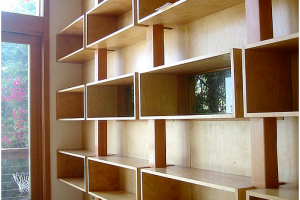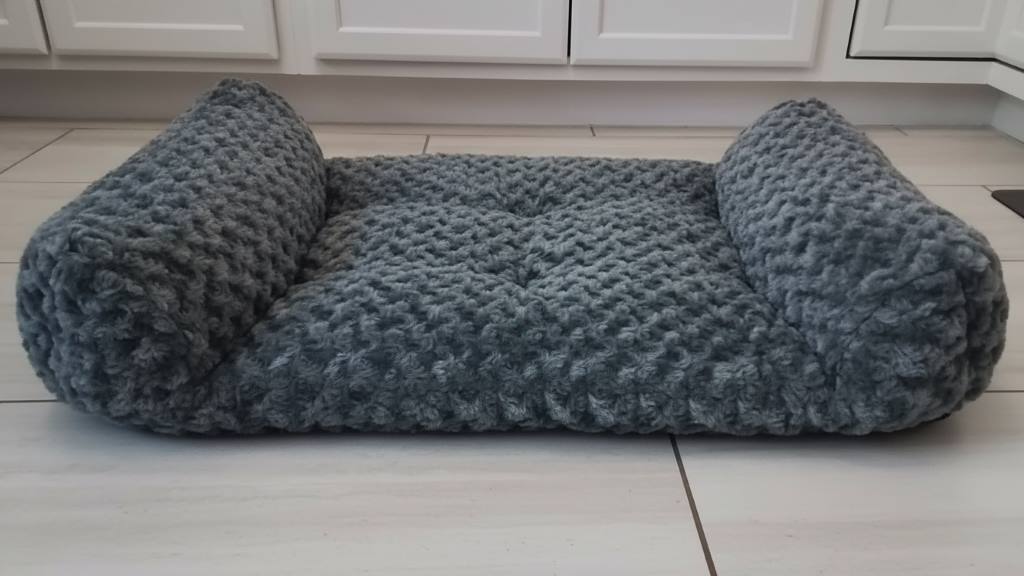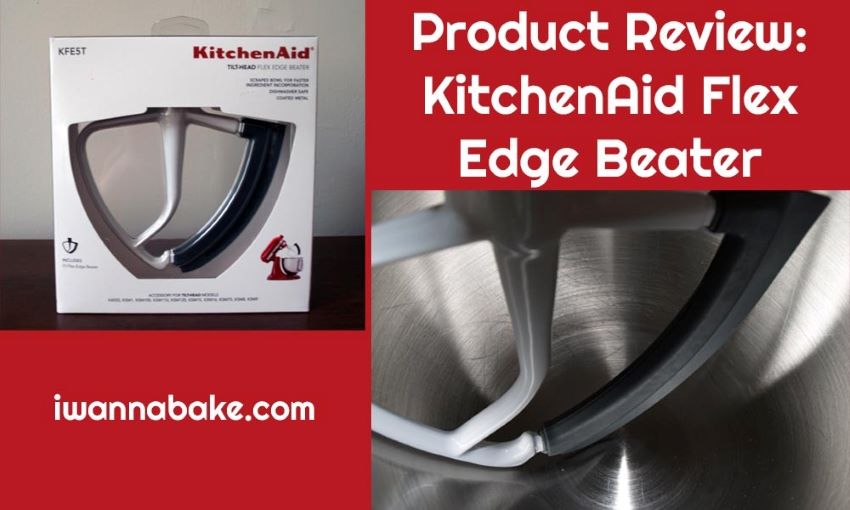Has your garage become a dumping ground for all the stuff you’ve got nowhere else to store? Then it’s time to give some thought to what and how you store essential items so that you know where everything is and can easily access it.
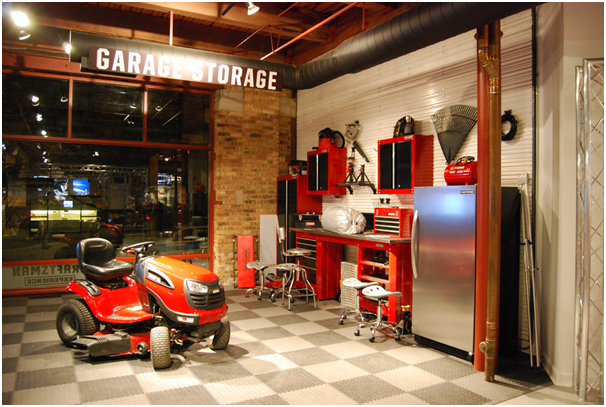
Be ruthless
Your first task is to decide what you should be storing in your garage and begin decluttering. If you have a garden but don’t have a shed, you are likely to need space for gardening equipment such as a lawnmower and tools. If you have children, you’ll want space to keep bikes and other sporting equipment. Once you’ve recycled or thrown out anything you don’t need, it’s time to turn your attention to the space and how best to use it.
Check the space
If your garage suffers from damp or excessive temperatures, there are some items which won’t be suitable for storing in it, such as food items which are not in glass jars or tins. Any paper or cardboard products can also become damaged by humidity and could also attract rodents.
Security
If you are keeping valuable equipment in the garage or simply lots of items which would cost a lot to replace if stolen, ensure your garage is protected against unauthorised access. It’s essential that you also check to see if your home insurance policy covers items stored in the garage. The Association of British Insurers recommends using the Money Advice Service to find the right contents cover.
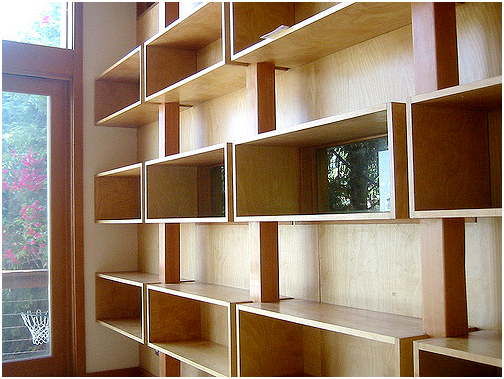
Measure up
Before investing in any shelving or storage units, you need to measure the area accurately. Look at difficult areas where there are pipes and junction boxes and make sure there is enough space for any doors to open. Garage shelving systems are ideal for maximising storage space and a great value option. You may want to consider a specialist company such as https://www.garage-shelving.co.uk/ for a range of flexible shelving. Freestanding shelving is the easiest and most practical solution as it is sturdy enough to support heavy goods, but doesn’t need to be fixed to a wall.
Maintenance
Go for a shelving system which is easy to clean and won’t corrode because of damp, dust and grime. It is probably best to go for a strong powder-coated or galvanised steel, which is cheap and won’t be easily damaged from knocks and bumps.

